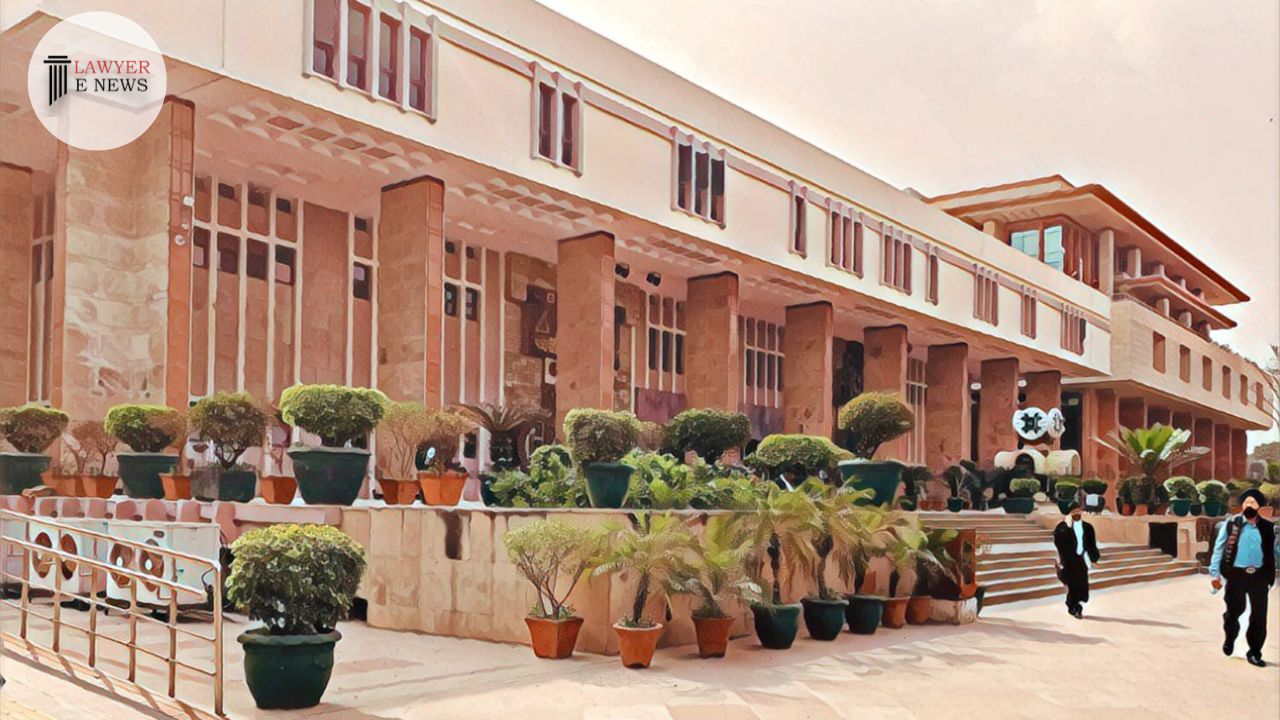-
by Admin
19 February 2026 3:14 PM



In a recent judgment handed down by the Delhi High Court, titled Pawan Verma vs. Sardar Manmohan Singh, the court upheld the Trial Court’s decision to grant conditional leave to defend in a civil suit. The judgment, delivered by HON’BLE MS. JUSTICE MANMEET PRITAM SINGH ARORA on January 5, 2024, emphasized the defendant’s conduct and the Trial Court’s discretion in imposing conditions for leave to defend.
The court observed that the defendant’s conduct indicated an intent to protract legal proceedings. The defendant had failed to comply with the Trial Court’s directions and delayed approaching the Court. This behavior led the High Court to conclude that the defendant was attempting to stall the proceedings.
In its judgment, the High Court also noted the plaintiff’s reliance on dishonored cheques and a handwritten undertaking. Despite the defendant’s defense of issuing blank cheques without consideration, the court found this defense weak. The defendant had admitted his signatures on the undertaking while disputing its contents.
The judgment reaffirmed the Trial Court's discretionary power to impose conditions for leave to defend. The court highlighted that interference with such discretionary orders under Article 227 of the Constitution of India could only occur if there was a patently erroneous exercise of discretion. In this case, the defendant failed to demonstrate such an error, and the High Court dismissed the petition.
This decision underscores the importance of respecting the Trial Court’s discretion in granting leave to defend and serves as a reminder that interference with such orders should be limited to cases of grave injustice or flagrant abuse of legal principles.
The High Court’s observations in this judgment provide valuable guidance for future cases involving conditional leave to defend in civil suits.
Quoting from the judgment, HON’BLE MS. JUSTICE MANMEET PRITAM SINGH ARORA stated, “Interference with discretionary orders under Article 227 of the Constitution of India could only occur if there was a patently erroneous exercise of discretion. In this case, the defendant failed to demonstrate such an error, and the High Court dismissed the petition.”
Date of Decision: 05th January, 2024
PAWAN VERMA VS SARDAR MANMOHAN SINGH
